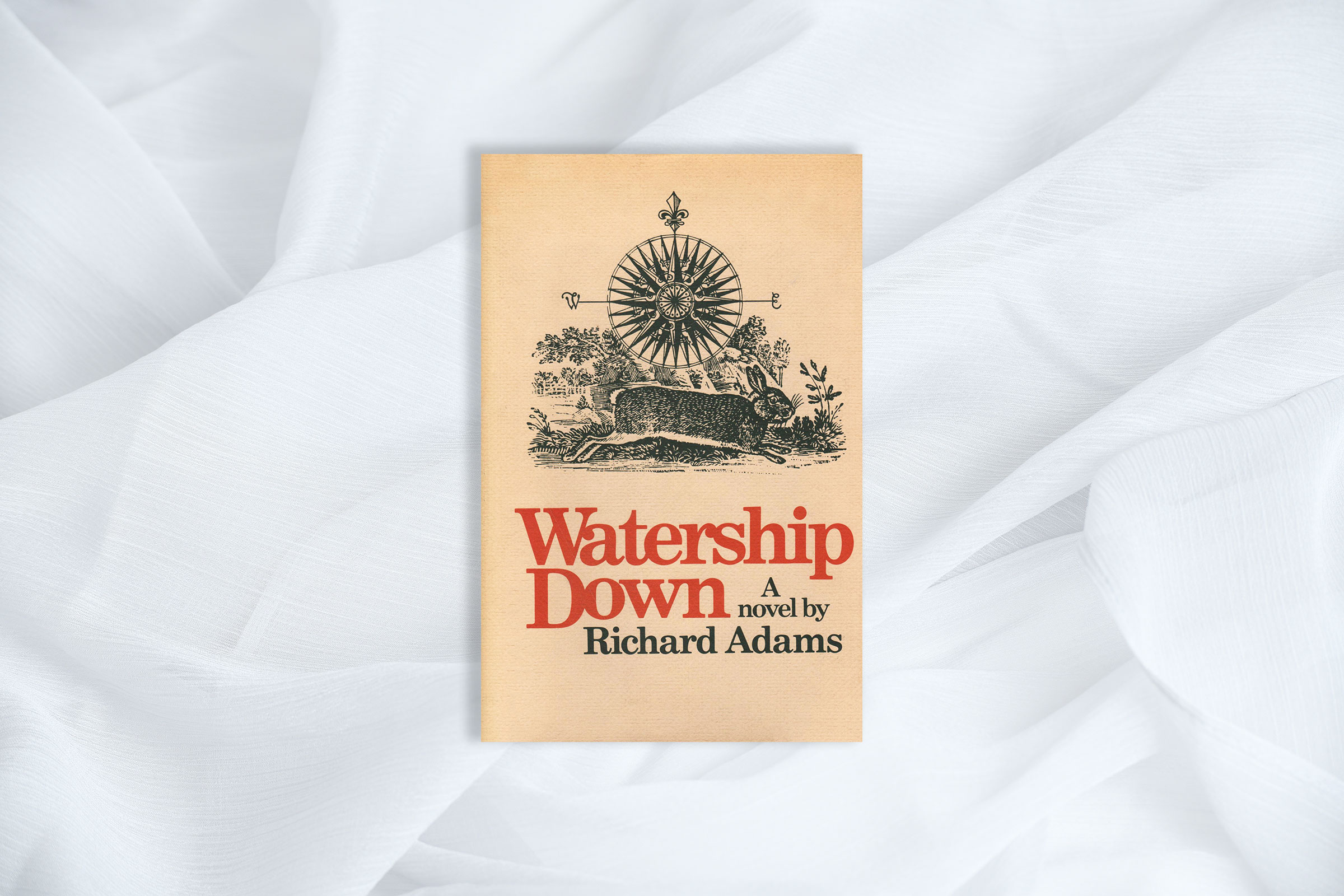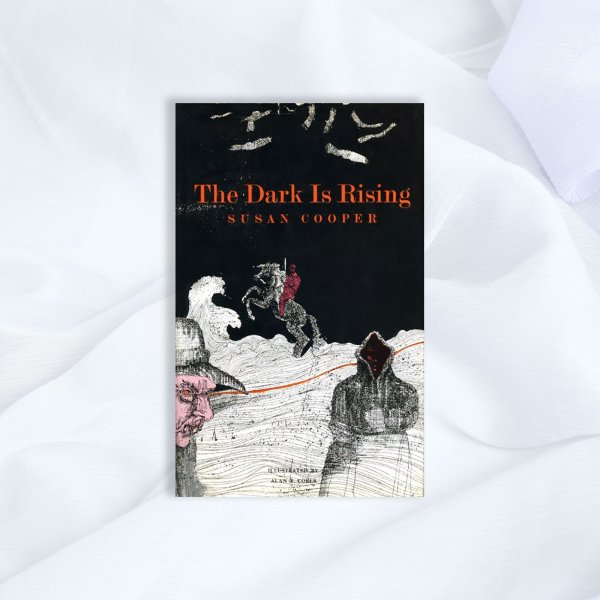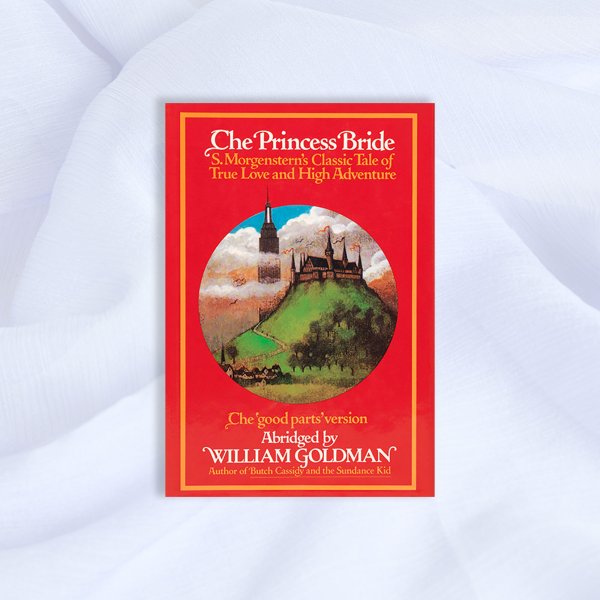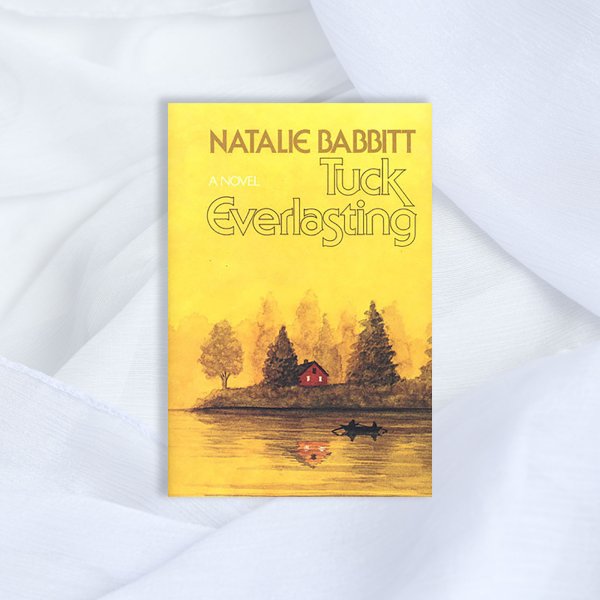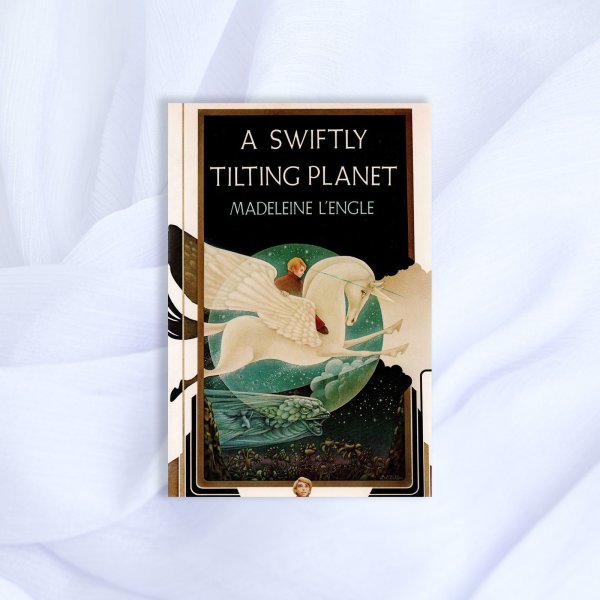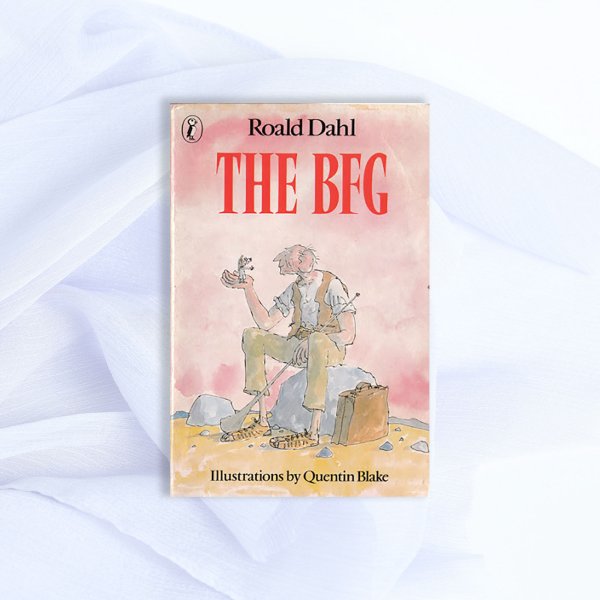Richard Adams’s classic tale of escape, adventure and survival—winner of the 1972 Carnegie Medal in Literature and the 1973 Guardian Children’s Fiction Prize—follows a group of rabbits as they flee a warren doomed by the encroachment of man. They head off in search of greener pastures and eventually settle on the hillside of Watership Down. Led by reluctant rabbit-in-chief Hazel, the budding colony must contend with various elil, the word for the thousand natural enemies of rabbits in Adams’s inventive Lapine language, as they seek a home where they can finally live in peace. Although Adams’s daughters, for whom he wrote the story, have said that he repeatedly disavowed any allegorical interpretations of his anthropomorphic fantasy—ranging from communism to Christianity—the late author didn’t mince words when it came to a message about humanity’s impact on the environment: “Men will never rest till they’ve spoiled the earth and destroyed the animals.” —Megan McCluskey
Buy Now: Watership Down on Bookshop | Amazon
- Inside Elon Musk’s War on Washington
- Meet the 2025 Women of the Year
- Why Do More Young Adults Have Cancer?
- Colman Domingo Leads With Radical Love
- 11 New Books to Read in Februar
- How to Get Better at Doing Things Alone
- Cecily Strong on Goober the Clown
- Column: The Rise of America’s Broligarchy
